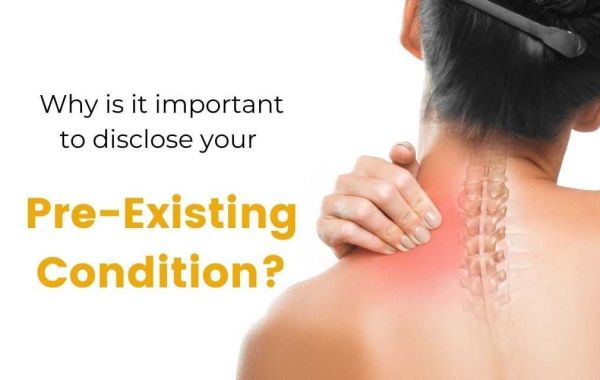A pre-existing condition is a medical condition, an injury, or a sickness that a person had before to the accident. If you are ever in an accident and the fault is not yours, you must file a personal injury claim. It makes no difference whether you have a pre-existing condition or not. It's up to you to claim it. The scenarios in each case may differ, and as a result, the claim amount may vary. If you are involved in an accident, you should immediately file a claim. In this situation, you may be able to recover compensation for your injuries, as well as lost wages, pain, and suffering.
The following are the most common pre-existing conditions that affect the success and credibility of a personal injury lawsuit. The pre-existing conditions may be divided as previous injuries and chronic conditions.
- Slipped disc or Herniated disc
- Short-sighted or far-sighted
- Diabetes
- Asthma
- Sick-headache or migraine
- Depression
When the plaintiff of a personal injury files a lawsuit, like any other claims, the insurance adjusters will try to reduce the value of the claim. The important point they use to do this is establishing that the claimant’s injuries are pre-existing and not related to the current personal injury.
On the other hand, if the claimant can prove that the injuries are not pre-existing, but related to the subject injury, he can bag more compensation amount. This is governed by Eggshell skull rule in personal injury law. The eggshell skull rule suggests that, regardless of the plaintiff's pre-existing condition, the at-fault party in an accident is always accountable for the plaintiff's injuries.
It is critical to be truthful if you are involved in an accident. If you have any pre-existing injuries, you must inform the at-fault party and his attorney. This is done to ensure a fair trial and a reasonable personal injury claim settlement.
If you try to claim extra money from the at-fault individual without disclosing the circumstances of your pre-existing ailment and he discovers it, you will be sued. The jury may therefore find in favor of the at-fault party due to the breach of trust and violation of the norms. As a result, it is usually preferable to reveal any pre-existing conditions in order to collect compensation for your personal injury lawsuit. Medical records can be used as valid evidence in proving that the subject accident injuries are not pre-existing. Personal injury attorneys seek the support of medical record review agencies that review medical records of the claimant and substantiate the claim with valid medical evidence.








